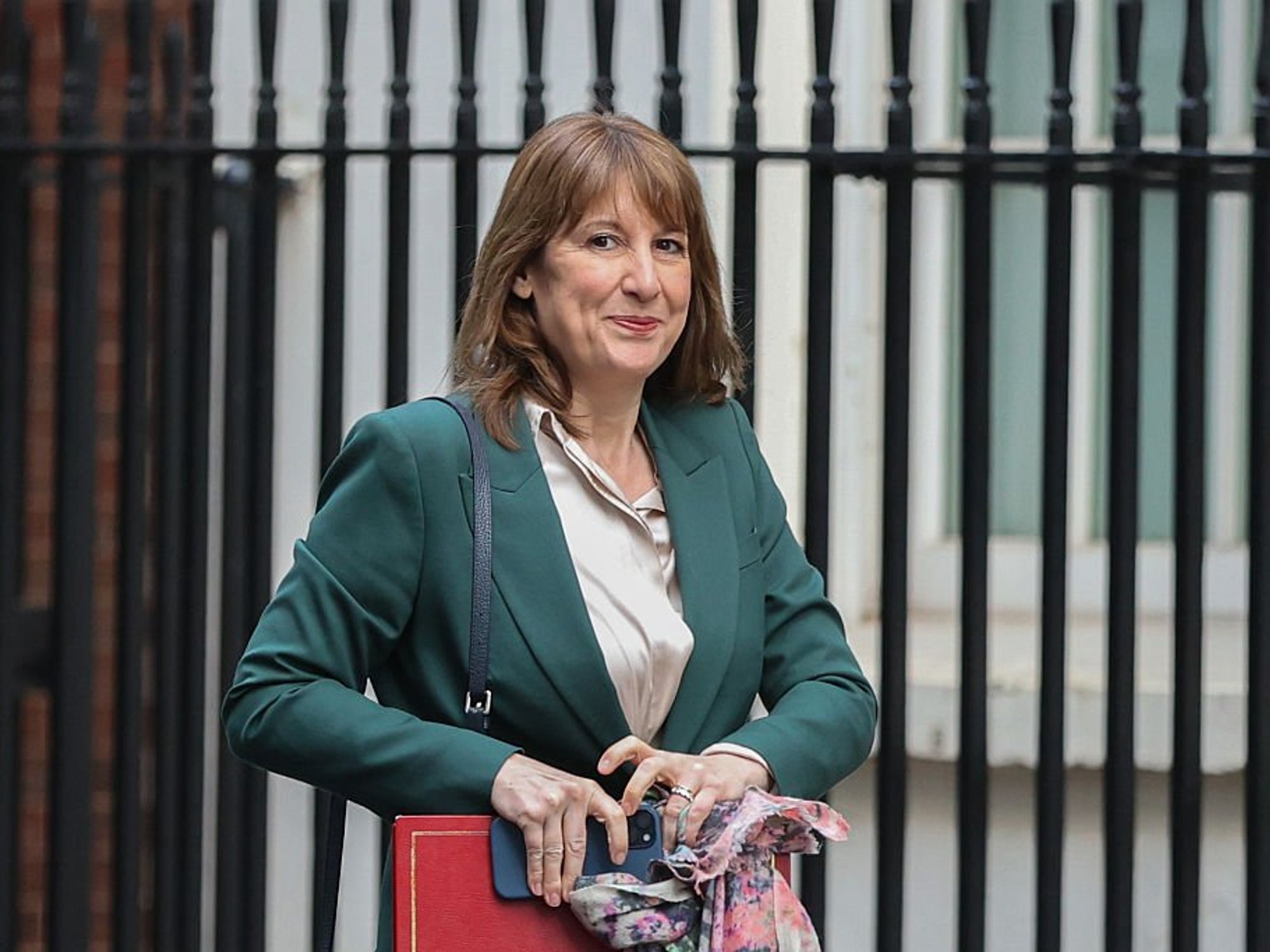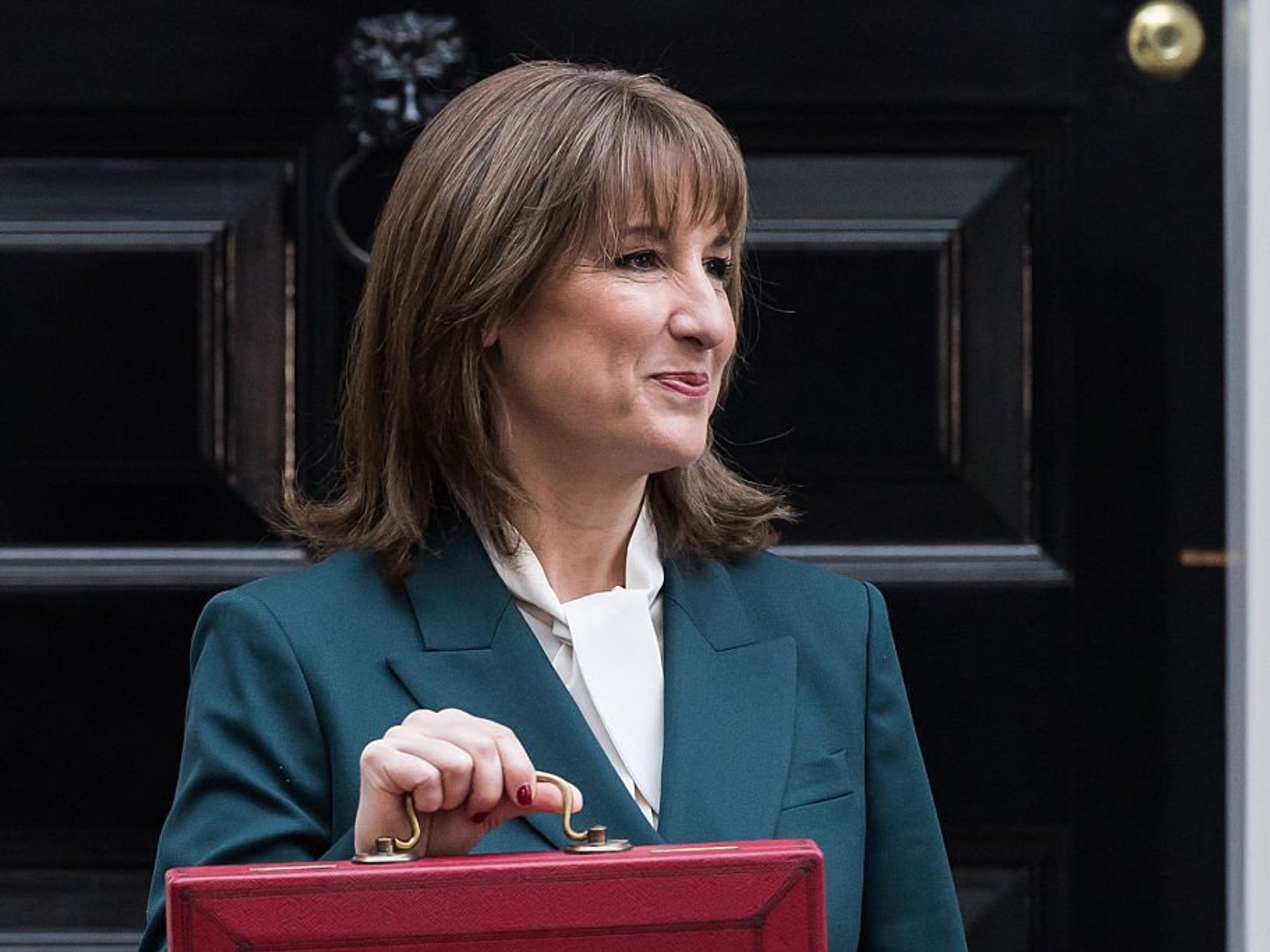State pension warning: Retirees could 'end up paying tax on payments alone' - will you need to pay?
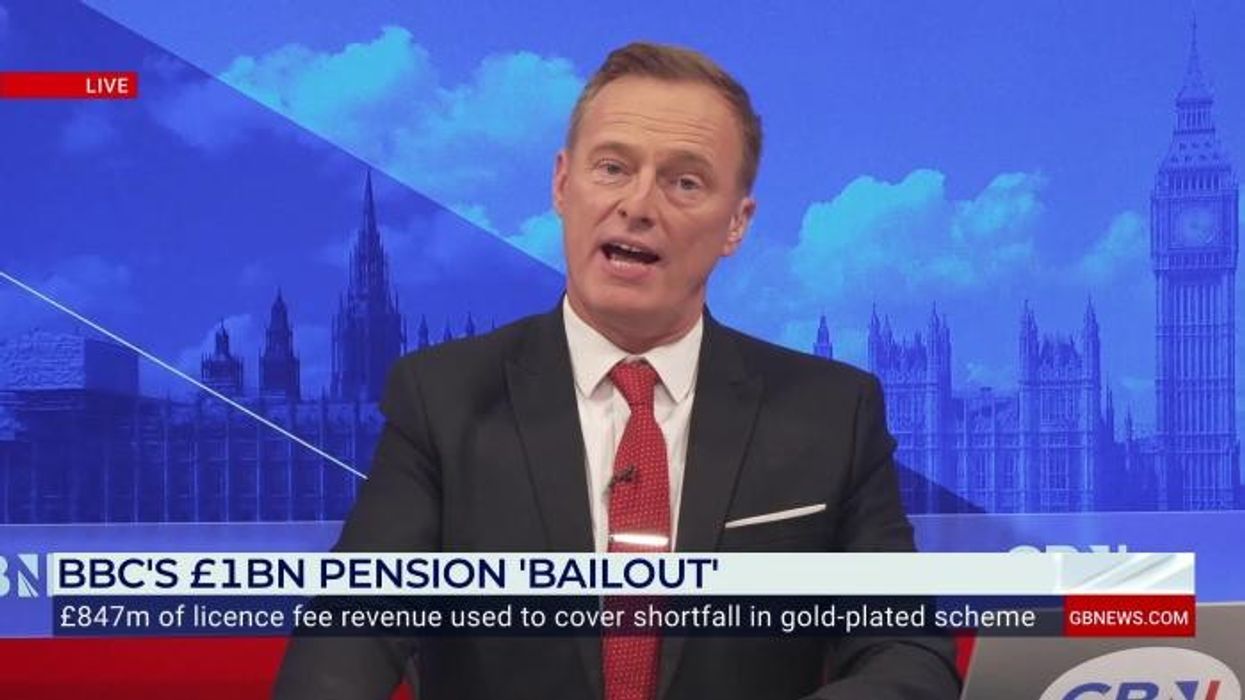
BBC slammed as huge pension ‘bailout’ bill revealed |
GB NEWS

State pension payments rise every year thanks to the triple, but fiscal drag resulting from frozen tax thresholds could see retirees pay more to HMRC
Don't Miss
Most Read
Latest
Retirees could "end up paying tax on their state pension alone" within the next couple of years as a result of the triple lock and fiscal drag, analysts warn.
The state pension will increase by 4.7 per cent next April, bringing the full new state pension to approximately £241 per week, according to pension experts at Spencer Churchill Claims Advice.
This represents an annual income exceeding £12,500. However, the increase carries complications. "The rise also brings the state pension close to the frozen personal tax allowance, meaning more retirees could end up paying income tax on their pension alone," a spokesperson for Spencer Churchill warned..
The triple lock mechanism ensures state pensions increase annually by whichever is highest: inflation, average earnings growth, or 2.5 per cent.
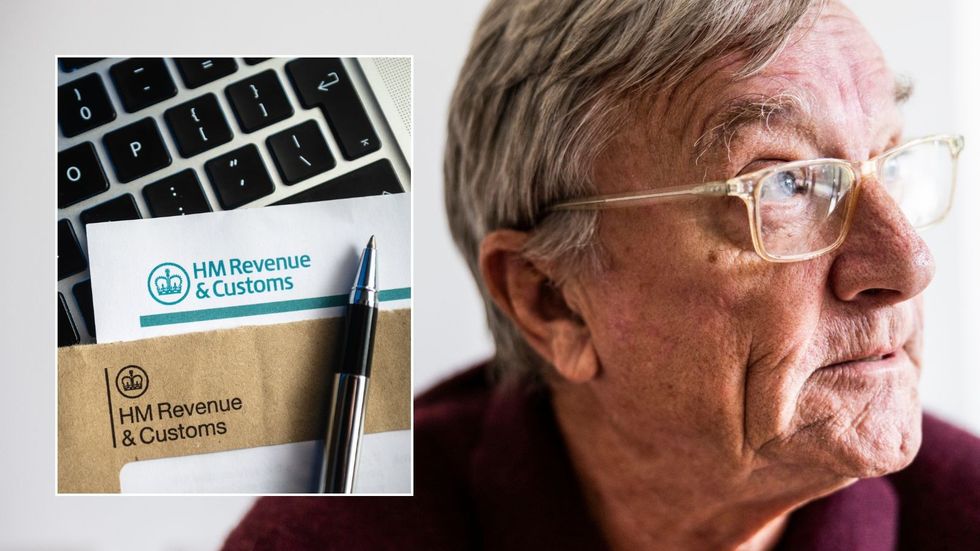
Experts are warning the state pension could be taxed in the near future
|GETTY
Introduced 2011, the policy aimed to prevent pensioner incomes from eroding. "The policy was first brought in during 2011 to protect pensioners," the spokesperson notes. "Before then, pensions often lagged behind, being linked to just inflation or wages."
Officials determine each year's increase by examining September's inflation figures, wage growth between May and July, and comparing these against the 2.5 per cent per cent floor. The 2024 increase of 8.5 per cent resulted from exceptional wage growth during the post-pandemic recovery period.
The phenomenon of fiscal drag increasingly affects pensioners as their incomes rise whilst tax thresholds remain static. "Pension rises look good on paper, but frozen personal allowances mean retirees don't always feel the full benefit," the spokesperson explains.
This mechanism pushes growing numbers of retirees into tax brackets for the first time. "This is called fiscal drag where an increase in pension income simply pushes people into tax thresholds," they clarify.
 Fiscal drag is pulling more savers into higher tax brackets | GETTY
Fiscal drag is pulling more savers into higher tax brackets | GETTY The impact varies depending on additional income sources. "Many pensioners who only rely on the state pension will soon find themselves paying tax for the first time, while those with workplace or private pensions are already there," the spokesperson notes.
Analysts are sounding the alarm that frozen personal allowance effectively diminishes the real value of pension increases, creating a hidden erosion of retirement income despite nominal gains.
On top of this, significant disparities exist between UK-based and overseas pensioners regarding triple lock benefits. "
Overseas pensioners face the most inequality," the spokesperson states. "If you retire to the EU or countries with reciprocal agreements, you get the annual increases."
Pensioners residing in certain Commonwealth nations encounter particularly harsh treatment. "But in places like Australia or Canada, pensions are frozen at the rate you first received, leaving some expats far worse off," they explained.
Campaigners claim this policy creates a two-tier system where geographical location determines pension value. Retirees in nations without reciprocal arrangements see their purchasing power steadily erode whilst UK-based pensioners receive annual uplifts.
The frozen payments affect hundreds of thousands of British expatriates who contributed throughout their working lives but now face diminishing real-terms income.
The triple lock's financial burden grows increasingly unsustainable as demographic shifts compound costs. "Every percentage rise costs billions, and with an ageing population, that bill is only getting bigger," the spokesperson warns.
LATEST DEVELOPMENTS:
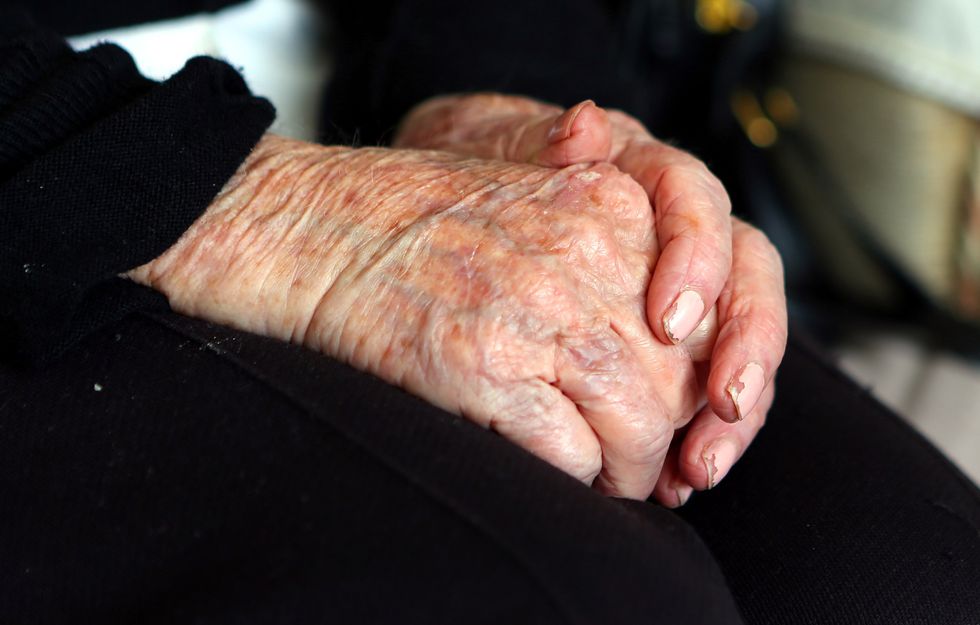 Older Britons are worried about the future of the state pension triple lock | PA
Older Britons are worried about the future of the state pension triple lock | PAEconomists anticipate the policy becoming unviable within the next decade. "Economists are clear: while the triple lock is politically popular, it risks becoming unsustainable by the 2030s when pension costs will take up an even greater share of public finances," they state.
Political commitment remains firm for now. "The Government has pledged to maintain the triple lock until the end of this parliament, but beyond that, nothing is guaranteed," the spokesperson says.
Behind-the-scenes discussions about reform continue despite public pledges, according to Spencer Churchill's pension experts.
"No party wants the backlash of scrapping it outright, but behind the scenes, reform is a live discussion," they claim.
More From GB News








